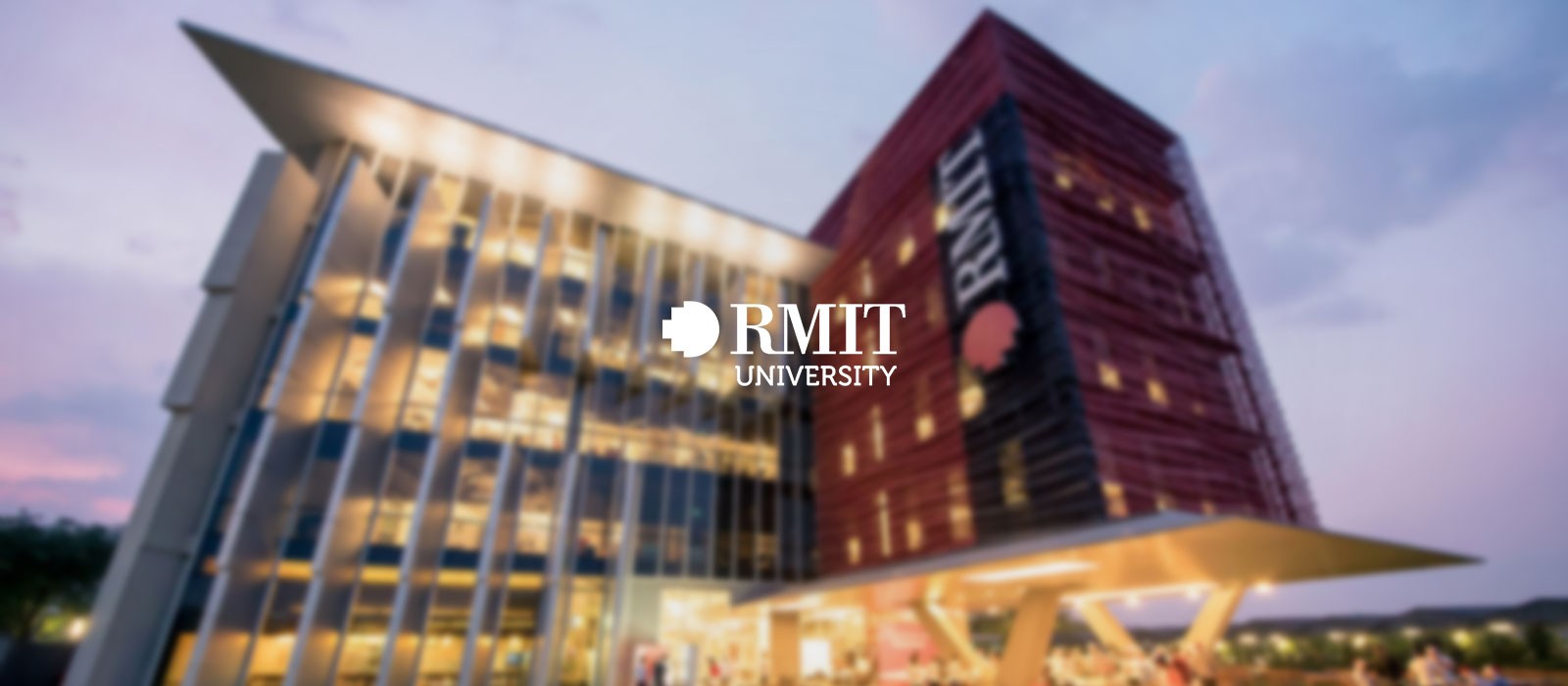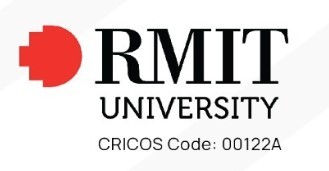
Master of Urban Design


Overview
Duration
FULL-TIME 2 YEARS
FULL-TIME 2 YEARS
Scholarship
YES
YES
Fee
AU$48,960
AU$48,960
Intake
FEBRUARY, JULY
FEBRUARY, JULY
- Advance the role of design in shaping the future of cities through innovative approaches to urban-based practice.
- What will future cities look like?
- Urban Design is one of the key practices confronting critical issues affecting cities, such as the impacts of climate change, population growth, shifting workplaces, and transformations in industry, technology and infrastructure.
- This masters degree at RMIT provides you with a studio-based, multidisciplinary environment to engage these issues through project-based study.
- You will learn to creatively integrate expertise from related urban disciplines into design proposals, promoting alternative models for future city-building. This degree is designed to nurture designers who would like to advance their career and develop innovative approaches to their practice.
Inquire Now
Career
> Urban designers work on large-scale urban projects in collaboration with other professionals (architects, landscape architects, urban planners, developers) and government.
Entry requirement
- To study this course you will need to complete one of the following English proficiency tests:
- IELTS (Academic): minimum overall band of 6.5 (with no individual band below 6.0)
- TOEFL (Internet Based Test - IBT): minimum overall score of 79 (with minimum of 13 in Reading, 12 in Listening, 18 in Speaking and 21 in Writing)
- Pearson Test of English (Academic) (PTE (A)): minimum score of 58 (with no communication band less than 50)
- Cambridge English: Advanced (CAE): minimum of 176 with no less than 169 in any component.
Popular Courses
Start your journey with landmark today!
Find your perfect course
Answer a few questions and
our course matcher will do the rest
Head Office
Level 5, IT Plaza
Kamaladi, Kathmandu
Tel: +977 14542781, 9845566225
E-mail: info@landmarkedu.com
Kamaladi, Kathmandu
Tel: +977 14542781, 9845566225
E-mail: info@landmarkedu.com
Sydney office
Suite 1 Level 1,
46 Macquarie Street,
Parramatta, NSW
Tel: +61 415 122 814
46 Macquarie Street,
Parramatta, NSW
Tel: +61 415 122 814
Branch office
Sahidchowk, Chitwan
Tel: 056-590825
Tel: 056-590825
Mahendrachowk, Biratnagar
Tel: 021-590828
Tel: 021-590828
Level 2, Milanchowk, Butwal, Rupandehi
Tel: 977-71-591694
Tel: 977-71-591694
© Landmark Education. All rights reserved.


